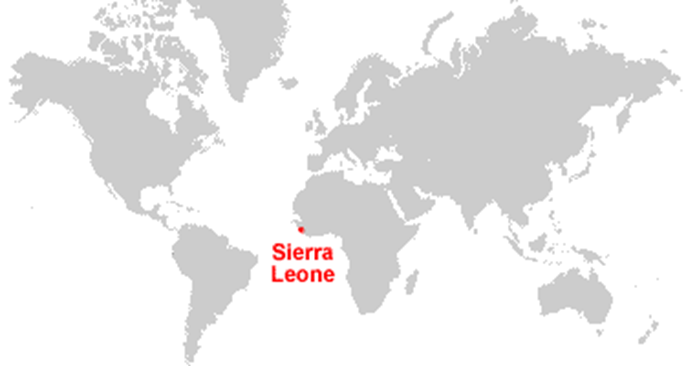Africa Q & A

The Lord willing, by the time you read this I will have been in preaching in Africa a couple of weeks. Here are some quick Q & A’s to explain, answer curiosity, and (hopefully) inspire interest in what we are doing…
Where are you? Sierra Leone, West Africa. It is a nation of about 5 million people on the west coast of central Africa. We are primarily in the city of Bo (about 250,000 people), but we visit several other cities.
Who is with you? Andy Diestelkamp and his daughter Jessica, Rick Liggin, and Sunday Ayandare from Nigeria. Two American families have been living in Bo for over two years (Dan and Sonia Koen and two children, and Sean and Abi Reisch.
Why Sierra Leone? Religious openness and responsiveness to the gospel creates many opportunities. Also, poverty limits their ability to hear the gospel in other ways, so we take it to them.
Is it dangerous? The political climate is generally stable. There is some travel danger (ex: we have had accidents on motorcycle taxis), however we have to be especially careful about food and water borne illness.
What is your biggest preaching challenge? Literacy levels are very low and that affects learning and thinking skills.
What is the religious background? There are many of the usual denominations, but there are also many only in Sierra Leone (ex: New Harvest, and Flaming Bible Church). There is a very large Muslim population.
Do they speak English? English is the national language and is taught in school, however many do not complete school. There are dozens of tribal languages and a somewhat universal language called Krio.
How are the churches doing? The churches are still quite young and small. Denominational and Muslim teaching and pressures make growth slow. Poverty also creates challenges. A good portion of our work is to teach and strengthen Christians there (in addition to evangelizing non-Christians). Encouragement is greatly needed.
Do you do benevolence? We have MANY requests for money – everyone is in need (but not starving). We have to be careful because people will gladly study and even be baptized because they hope to get money. We generally help in emergency or desperate situations. Occasionally, we will do something like try to help a brother or sister start a small business so they can support themselves. It is very difficult to know how to help most of the time. dd
